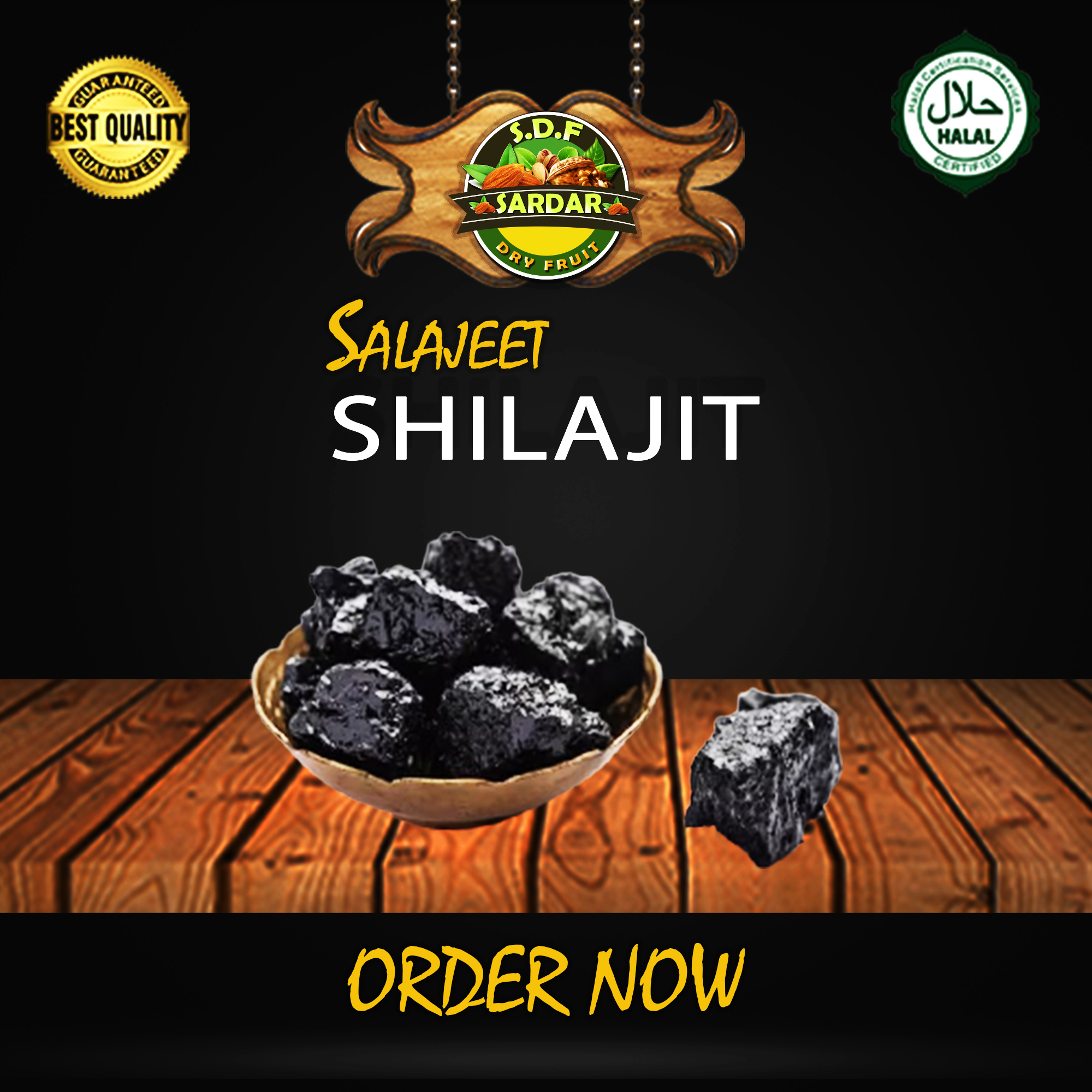
Shilajit is a sticky, tar-like substance that is found in the Rocky Mountains of the Himalayas, Altai, Caucasus, and other mountain ranges. It is formed over centuries by the decomposition of plant and microbial matter, and it oozes out of cracks in the rocks. Here are some key aspects of shilajit:
Composition: Shilajit is composed of a complex mixture of organic compounds, including fulvic acid, humic acid, minerals, trace elements, and other bioactive substances. The exact composition can vary depending on the geographical location and the specific conditions of formation.
Color and Texture: Shilajit is typically dark brown to black and has a resinous or tar-like texture. It becomes soft and pliable when warm but hardens at lower temperatures.
Traditional Use: Shilajit has a long history of use in traditional Ayurvedic medicine, where it is regarded as a rejuvenating substance. It is believed to have various health benefits and is often used to enhance vitality, improve cognitive function, and support overall well-being.
Mineral Content: Shilajit is rich in minerals such as iron, copper, zinc, magnesium, and potassium. These minerals are present in an organic form, which some proponents argue may enhance their bioavailability.
Fulvic Acid: Fulvic acid, a key component of shilajit, is known for its antioxidant properties and its ability to transport nutrients into cells. Some believe that the presence of fulvic acid contributes to the health-promoting effects of shilajit.
Adaptogenic Properties: Shilajit is often classified as an adaptogen, a substance believed to help the body adapt to stress and restore balance. It is said to support the immune system, improve energy levels, and aid in the body's natural healing processes.
Preparation and Consumption: Shilajit is usually purified and processed before being consumed. It can be found in various forms, including capsules, powders, or as a resin. It is commonly dissolved in water or milk for consumption.
While shilajit has a history of traditional use and is considered safe for many people, it's essential to consult with a healthcare professional before incorporating it into your routine, especially if you have underlying health conditions or are taking medications. Additionally, the quality and authenticity of shilajit products can vary, so obtaining it from reputable sources is advisable.